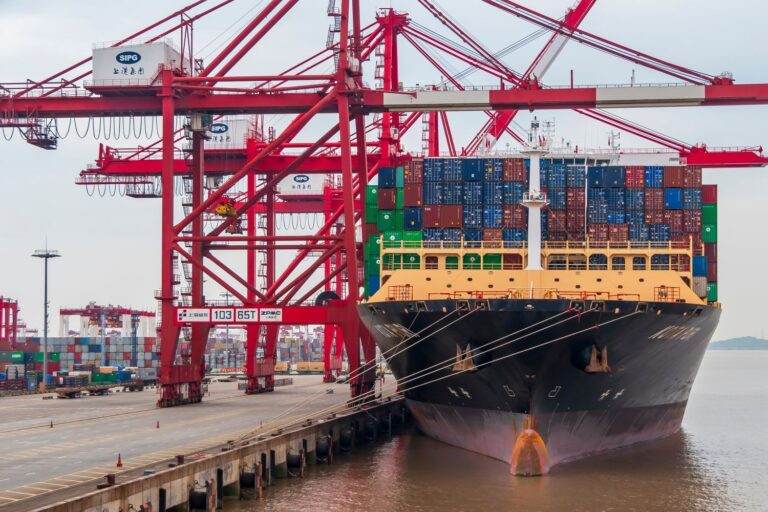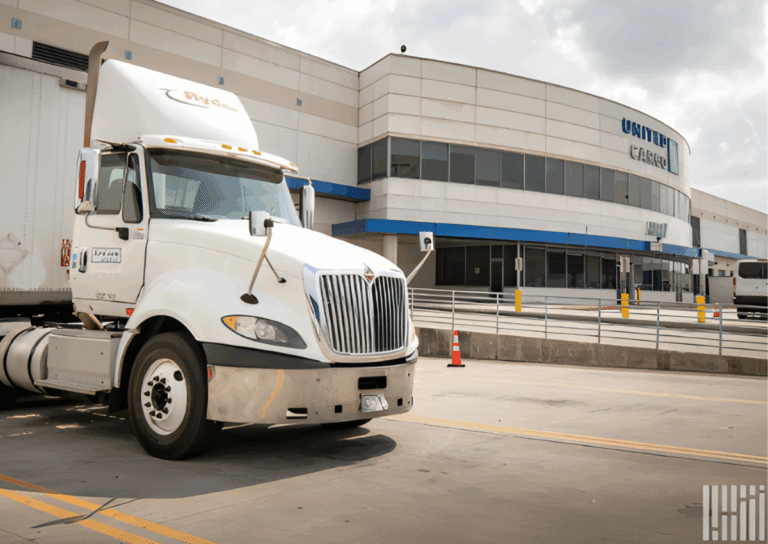
Maersk has unveiled a massive plan to expand its presence in India, committing $2 billion (Rs 17,000 crore) in port infrastructure, fleet localization and supply chain development. The announcement was made during India Maritime Week 2025 and underscored the company’s long-term commitment to strengthening India’s role in global trade.
Also read: Maersk announced a significant reduction in US import tariffs
Pipavav expansion to Anchor Growth
At the center of this strategy, a Memorandum of Understanding (MoU) has been signed between APM Terminals Pipavav and the Gujarat Maritime Board for the development of Pipavav Port. The proposed investment, subject to a long-term concession agreement, will significantly increase the port’s capacity to handle containerized and liquid cargo, while improving multimodal connectivity with India’s dedicated freight corridor and national logistics network.
John Goldner, Chief Executive Officer, APM Terminals Asia & Middle East, said: “This investment plan is not just about the expansion of the Pipavu port, but about opening up new opportunities for Gujarat, India and global trade. “In line with Prime Minister Shri Narendra Modi’s vision, we are building capacity, resilience and sustainability to serve the Indian economy for decades to come.”
Strengthening the marine ecosystem of India
As part of its localization drive, Maersk has registered Maersk Bharat IFSC Pvt. Ltd. at GIFT City IFSCA, Gujarat, and two re-flagged vessels – Maersk Vigo and Maersk Vilnius Under the Indian flag, this move is in line with India’s push to grow its domestic fleet and strengthen supply chain flexibility.
Maersk is also deepening cooperation with Indian shipyards for repair, maintenance and newbuilding work. The company has signed several memorandums of understanding to support the development of technical capabilities, knowledge transfer and skill building in line with international operational standards.
Investment in local production and innovation
In an effort to boost domestic production, Maersk is exploring container manufacturing partnerships with Indian companies. The company is sharing its technical specifications to help local manufacturers meet global quality standards and create a roadmap for ‘Made in India’ sea containers.
Ahmed Hasan, head of asset strategy at AP Moller – Maersk, said: “India has significant infrastructure capabilities that Maersk wants to capitalize on. By flagging ships in India, manufacturing containers locally, and engaging Indian shipyards for maintenance, we are investing in India’s maritime ecosystem and showing confidence in its technical prowess.
Alignment with India’s Maritime Vision 2030
These initiatives reinforce the goals of India’s Maritime Vision 2030, a national roadmap aimed at developing world-class major ports, modern shipping hubs and upgraded maritime infrastructure through an investment of over 1.25 trillion rupees.
Maersk’s commitment comes amid growing international involvement in India’s maritime development. CMA CGM, another global leader in container shipping, recently signed a letter of intent with Cochin Shipbuilding Limited to build six twin-fuel LNG container ships – the first order by a major international company with an Indian shipyard. Each vessel will be 1,700 TEU under the Indian flag and is expected to be delivered between 2029 and 2031.
Construction of a marine power plant
Considering that 95% of India’s trade volume and 70% of India’s trade value is moved through its sea routes, Indian ports play an important role in the global logistics network. The efforts of Maersk, CMA CGM and domestic stakeholders mark a new stage in India’s emergence as a maritime logistics and manufacturing powerhouse, placing the country at the heart of resilient and low-carbon global trade routes.



